״לחשוב את השלם באי-אמיתותו״: על התיאוריה החברתית של אדורנו
נווה פרומר
הטקסט מציע מבוא לתיאוריה החברתית של אדורנו דרך קריאה בהרצאתו המתפרסמת בגיליון זה, ״היבטים של הימין הקיצוני החדש״. ההרצאה מנתחת התפתחויות פוליטיות כמתרחשות על רקע שבו החברה אינה מצליחה לנהל את המתחים המבניים שלה. פרומר מבקש להתמקד בפן השני והמשלים של אותה תיאוריה: כיצד פועלת החברה ב"שגרה״ שבה היא דווקא מצליחה לנהל את אותם מתחים מובנים. אלה הן שתי פנים משלימות של אותה מסגרת הסבר מרקסיסטית שאדורנו מחויב לה, מסגרת שבבסיסה הטענה כי המציאות החברתית הקפיטליסטית היא אנטגוניסטית ורצופת סתירות במהותה. נקודה נוספת היא האופן שבו אדורנו מבקש לשלב בין ניתוח סוציולוגי-מבני לניתוח פסיכולוגי-חווייתי. הפסיכולוגי איננו שיקוף פשוט של הסוציולוגי, אלא מאמץ להתמודד באופנים שונים עם המתחים הבלתי ניתנים להתרה בו. טענות אלה יוצגו דרך תזת ״החברה השטוחה״ של אדורנו. המבנה החברתי היסודי הוא הפיצול המעמדי בין הון לעבודה, בעוד שפיצול זה אינו מוצא ביטוי בחוויית החיים החברתית של אף אחד מן המעמדות. ההבדל המעמדי האיכותי נחווה על ידי כל המעמדות כרצף כמותי (כולנו צרכנים, כולנו משקיעים, כולנו נתונים לנסיבות כלכליות שאינן בשליטתנו המלאה). לטענת אדורנו, אי-התאמה זו של המבני לחווייתי הופכת בעצמה לגורם פעיל של השעתוק החברתי. חלקו האחרון של הטקסט עוסק במושג האידיאולוגיה ובשאלה אם אדורנו העמיד תפיסה משכנעת של ביקורת אידיאולוגיה.


